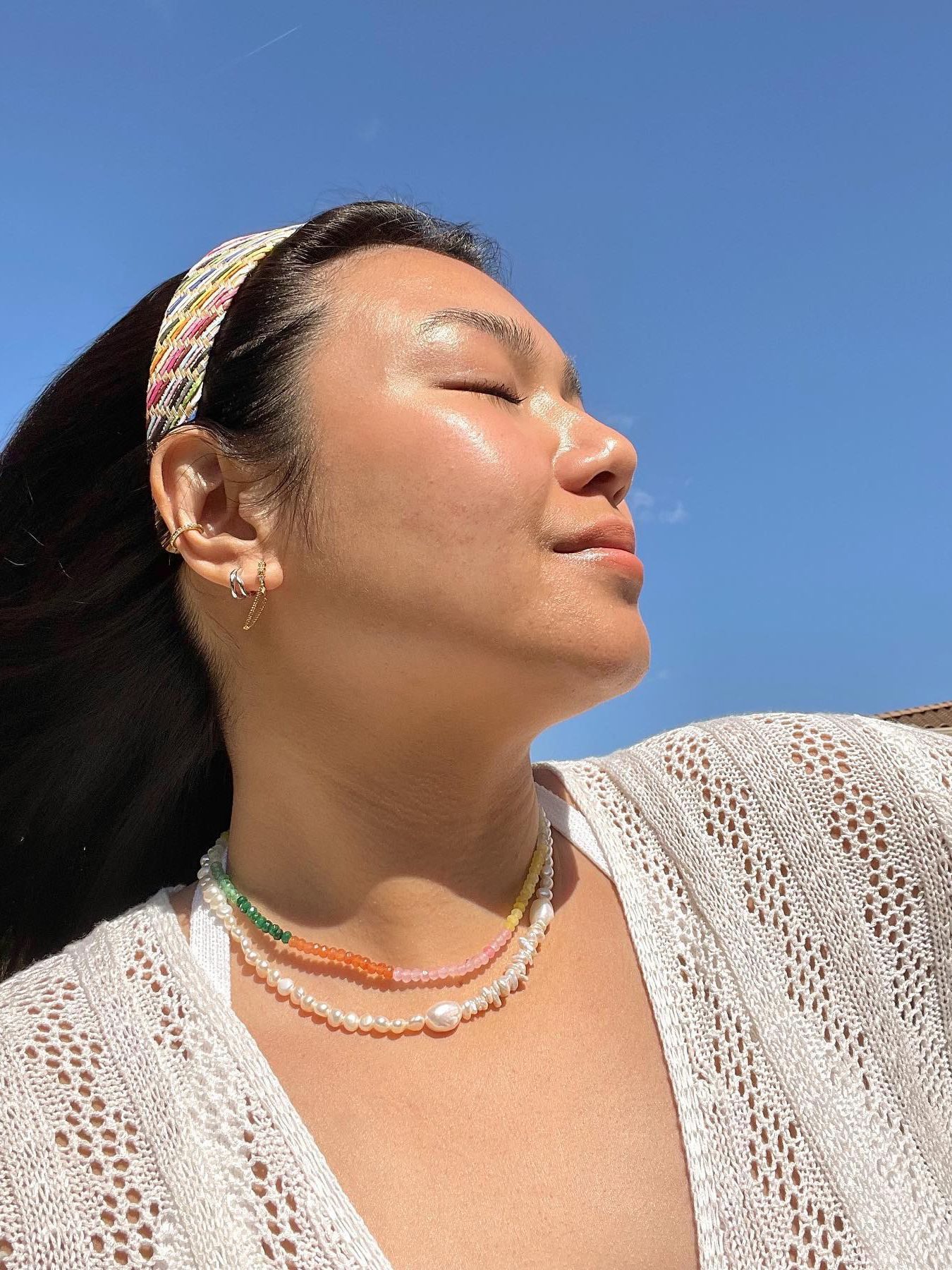There's a solution to dull, dry, and bumpy skin. It's called skin resurfacing. (Think of a snake shedding its skin.) "Skin resurfacing aims to remove the topmost layers of skin to reveal new, healthy, glowing skin," explains Ife Rodney, MD, FAAD of Eternal Dermatology and Aesthetics. "As we age, our skin cells turn over more slowly, leading to dull, dry skin. This dull skin may also be due to chronic UV damage from sun exposure, free radicals, and pollutants in the environment. There are many methods of skin resurfacing: Microdermabrasion, scrubs, chemical peels, micro-needling, and even lasers. However, skin resurfacing serums and creams can also help. These contain ingredients like alpha and beta-hydroxy acids that can break the bonds between skin cells, and speed up cell turnover, gently removing dead skin."
If you're looking to improve your skin texture, pore size, acne scarring, discoloration, fine lines, and overall skin quality and luminosity, Libby Rhee, DO, FAAD, dermatologist in residence for Ro Derm and founder of Liora Dermatology and Aesthetics, recommends skin resurfacing.
Minneapolis-based board-certified dermatologist, Jenny Liu, MD, FAAD, adds that most people can benefit from mild resurfacing products usually a few times weekly, depending on the skin type and concern. But these products are particularly great for oily and combination skin types.
You just want to be careful about which products you use and tailor them to your specific skin type and needs. "For example, darker skin types are often more susceptible to post-inflammatory hyperpigmentation and require a slower, more gradual approach to evening skin tone to avoid unwanted complications from skin resurfacing like hyperpigmentation," Rhee says. "In lighter skin types, post-inflammatory erythema or redness can look like dark spots. If you mistake the difference and treat these areas too aggressively, it can lead to unwanted or persistent dark spots."
If you have sensitive skin, Connecticut-based board-certified dermatologist Mona Gohara, MD, recommends being very particular about the products you use. Test a product on a patch of skin first before applying it to your whole face, and if you notice extreme irritation or a bad reaction, stop using it and consult with a dermatologist.
And if you're on prescription medications for your skin, Vibrant Dermatology and SkinBar MD owner Joyce Imahiyerobo-Ia, MD, FAAD, advises that you should consult with your dermatologist first to make sure that the resurfacing products you plan on using will be compatible with your prescription products.
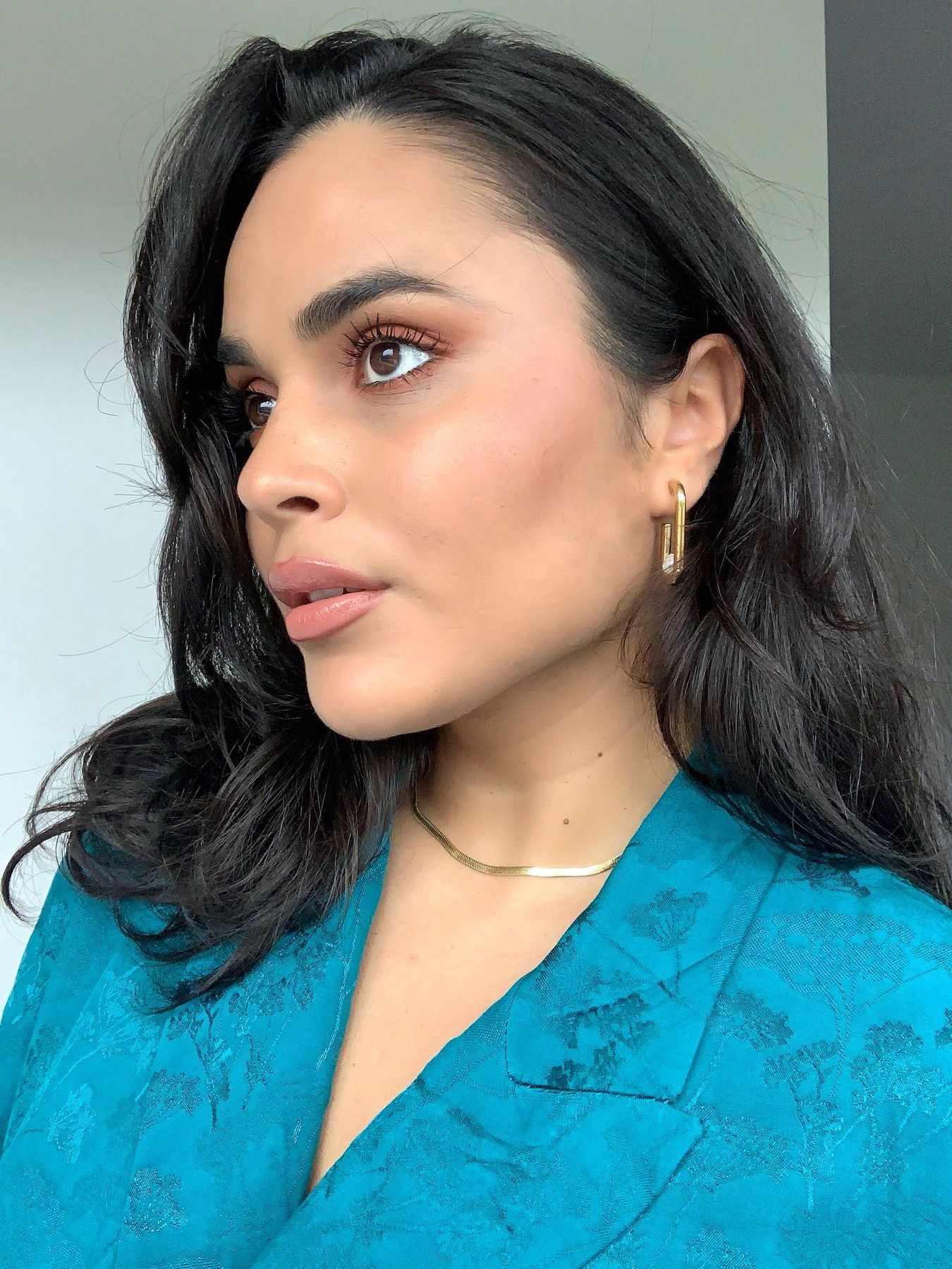
If you can't get to a dermatologist's office or want to go the at-home route first, there are various skincare products out there that can resurface and exfoliate the skin. When it comes to exfoliating products, there are mechanical and chemical exfoliants.
Mechanical exfoliants are scrubs or products that manually remove dead skin cells. For chemical resurfacing products, Jaimie DeRosa, MD, FACS, double board-certified facial plastic surgeon and founder and lead facial plastic surgeon of DeRosa Center Plastic Surgery & Med Spa, explains that there are two main types: alpha hydroxy acids (AHAs) and beta hydroxy acids (BHAs). AHAs include glycolic, mandelic, and lactic acids, and BHAs include salicylic acids. The difference between the two is that AHAs are water-soluble and work at the surface of the skin while BHAs are lipid-soluble and can penetrate oily skin and pores.
"AHAs are great for normal to dry skin and help to refine the skin, improve tone, and decrease pigment," DeRosa says. "Which AHA you use depends a lot on your skin type and which benefit you most desire. For example, someone with sensitive and dry skin may be better off with products that contain lactic acid or mandelic acid, whereas for someone who has normal skin and wants anti-aging benefits and reduction in pigment, a product with glycolic acid may be the best choice."
Oily and acne-prone skin types will benefit the most from BHAs since they can reduce blackheads, milia, pimples, and whiteheads. You'll want to avoid salicylic acid during pregnancy or while you're breastfeeding.
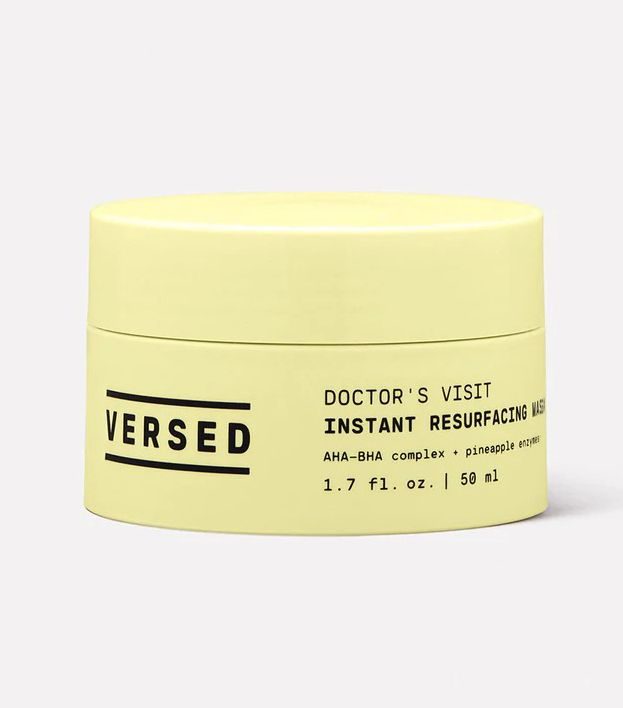
As for when to use these products, Gohara says it's best to apply after you cleanse your face and apply your moisturizer. And wait an hour to use retinol if you are using products with AHAs/BHAs as it can be drying when used back-to-back. David Delport, skincare expert and REN Clean Skincare global ambassador, recommends exfoliating in the evening to give skin time to rest before being exposed to pollution and UV damage.
Afterward, you should moisturize the skin to avoid compromising the skin's barrier, advises Imahiyerobo-Ip. Don't forget to use sunscreen, too—it's always a must, but resurfacing products can cause your skin to be extra sensitive, so you'll want to avoid direct sunlight and apply SPF after treatment.
It's important to slowly incorporate these products into your skincare routine as they can sometimes be irritating and cause redness, so they take some time to get used to. "Prescription AHAs and BHAs from a dermatologist are much more concentrated and are not for everyday use," Rodney says. "However, anyone that uses them can use over-the-counter products with these ingredients one to two times weekly. Start with small amounts or perform a patch test to gauge your skin's reaction. Once your skin responds well, you can use the product as directed, which is sometimes daily/nightly."
And some people might need to limit their resurfacing routine. Tammy Fender, holistic wellness practitioner and creator of Tammy Fender Holistic Skin Care, says those with fragile, aging, or dry skin might need to use a resurfacing product a little less frequently.
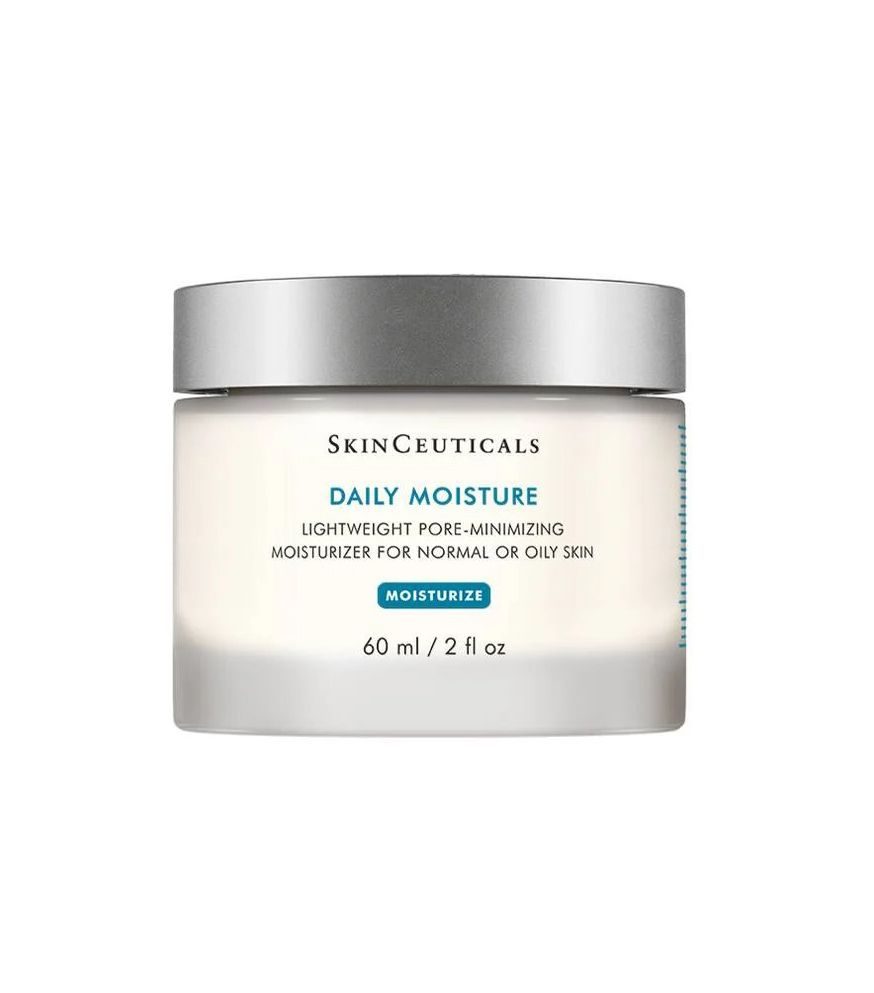
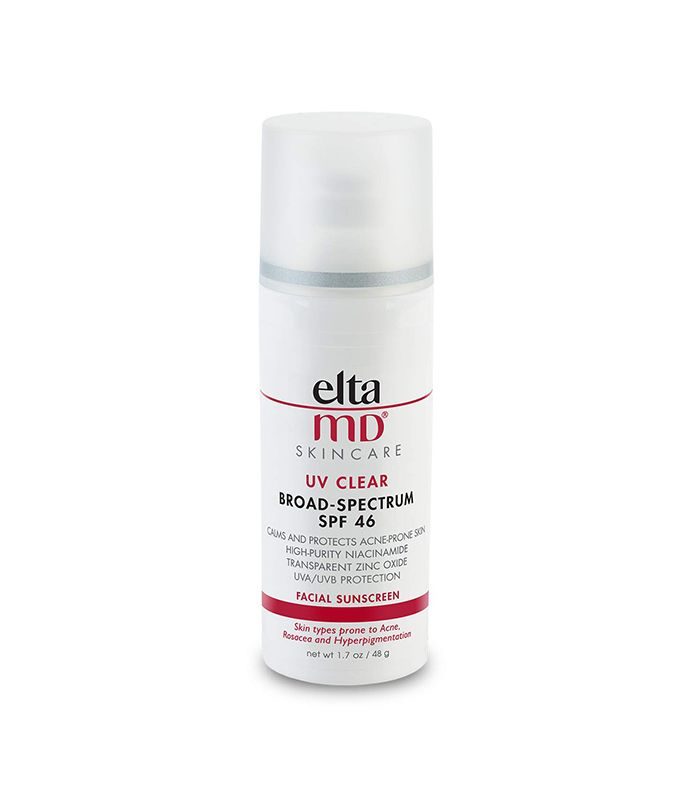
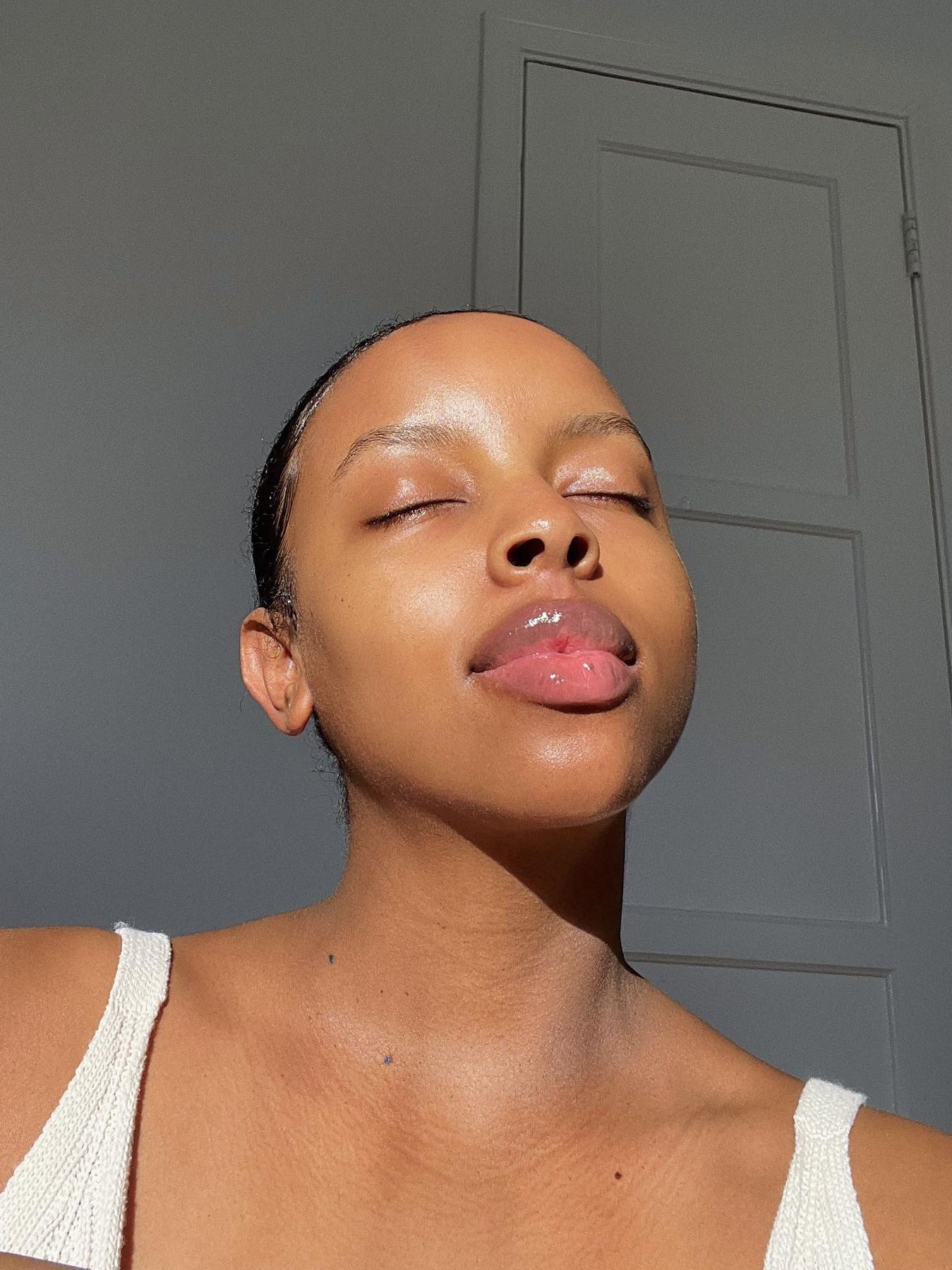
"The most effective skin resurfacing or rejuvenating products include ingredients that help promote cellular turnover and renewal such as retinoids, retinol, and keratolytics such as alpha hydroxy, beta hydroxy, or other mild acids," Rhee says. "These types of ingredients increase skin cell turnover so the top layers of the skin can microscopically slough off and reveal healthier, new skin that feels 'resurfaced' and smoother over time." Vitamin C, peptides, and niacinamide are also helpful with skin cell turnover.
"In general, it's always best to avoid exfoliators or scrubs that have very large beads or particles on your face," Rhee says. "Abrasive brushes, whether wet or dry, are also not recommended. The large particle size and rough bristles can cause micro-tears in the skin and create irritation and lead to increased skin sensitivity and inflammation. If this occurs regularly, your skin can become sensitive, unevenly thickened, discolored, and even scarred over time. Just because something is labeled as great for your skin doesn't mean it's good for your face."
Take a look at some recommended products below from the experts.
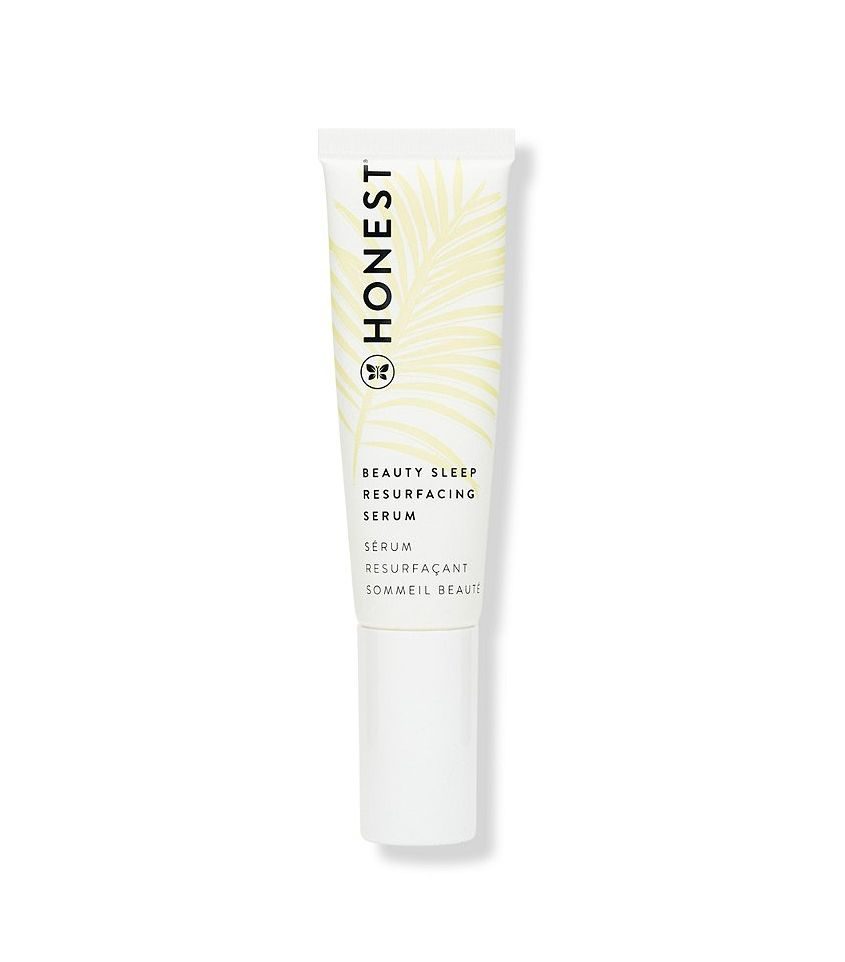
Rodney says this serum, which contains five AHAs including glycolic and lactic acids, is gentle on most skin types, so you can try it without worrying about adverse reactions.
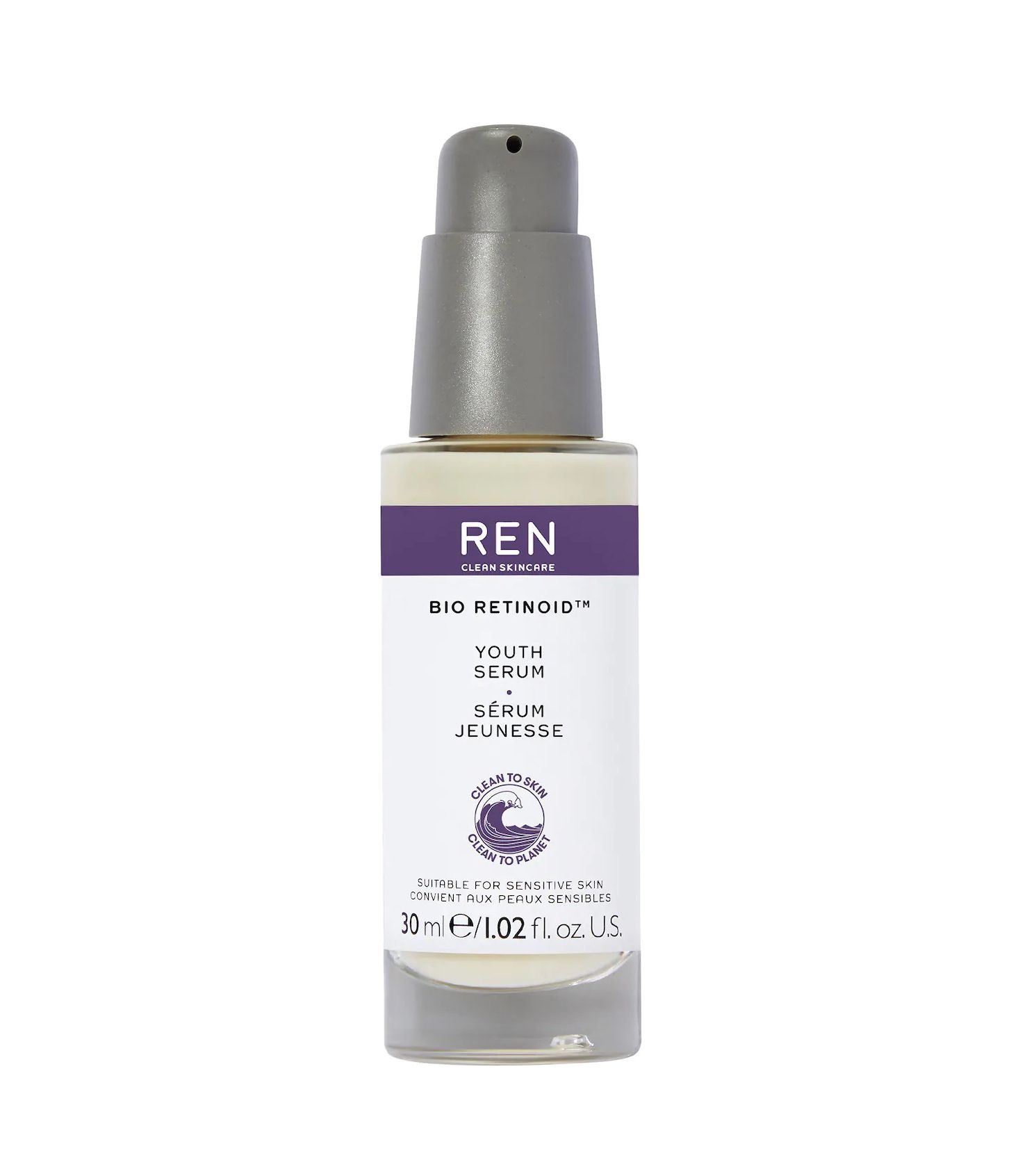
Delport recommends this serum, which mimics the action of retinol without sensitivity and is safe to use during pregnancy. It stimulates the renewal of cells while keeping them healthy and hydrated.
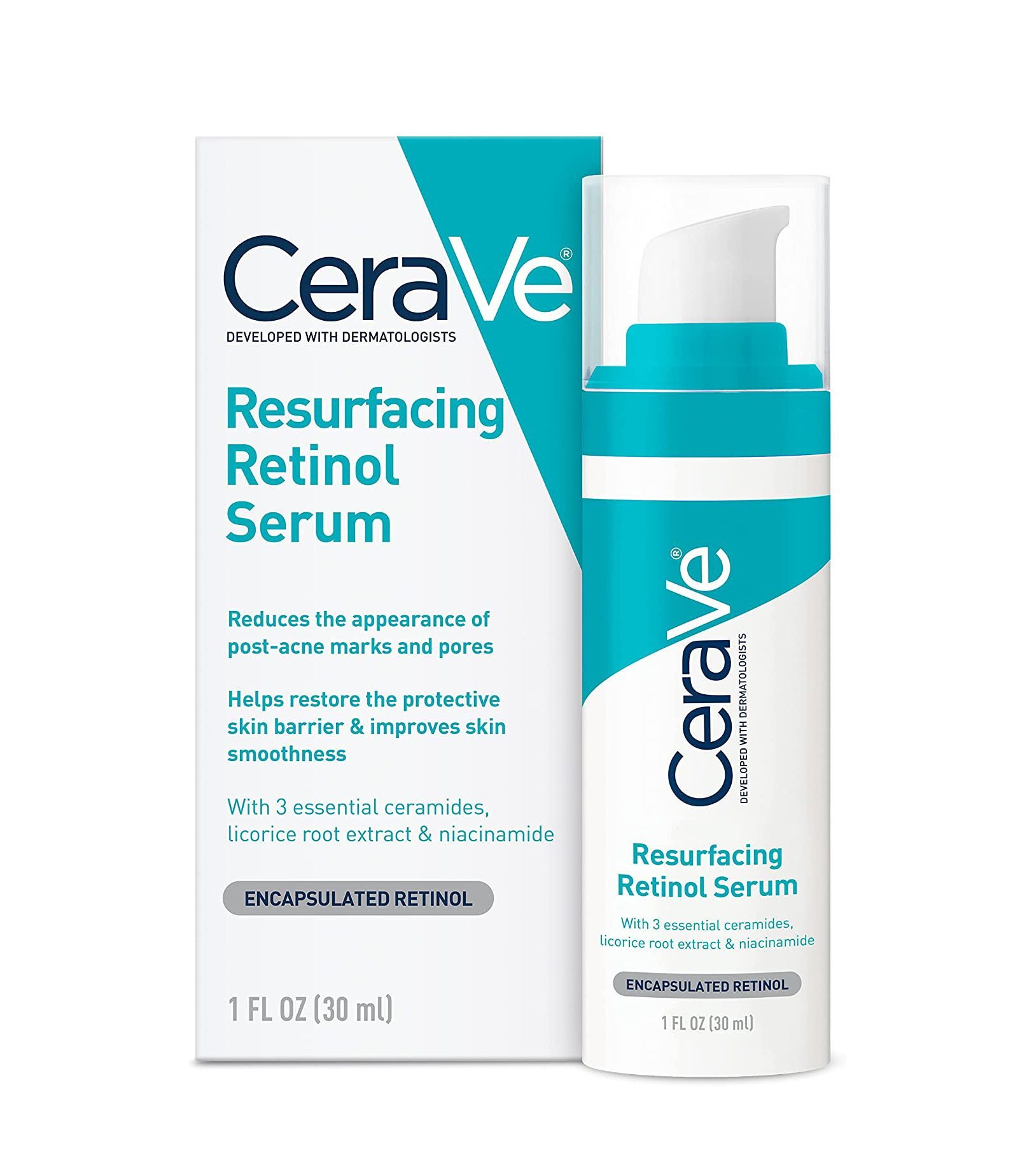
"It contains retinol, niacinamide, and essential ceramides to boost cell turnover while protecting your skin," Rodney says.
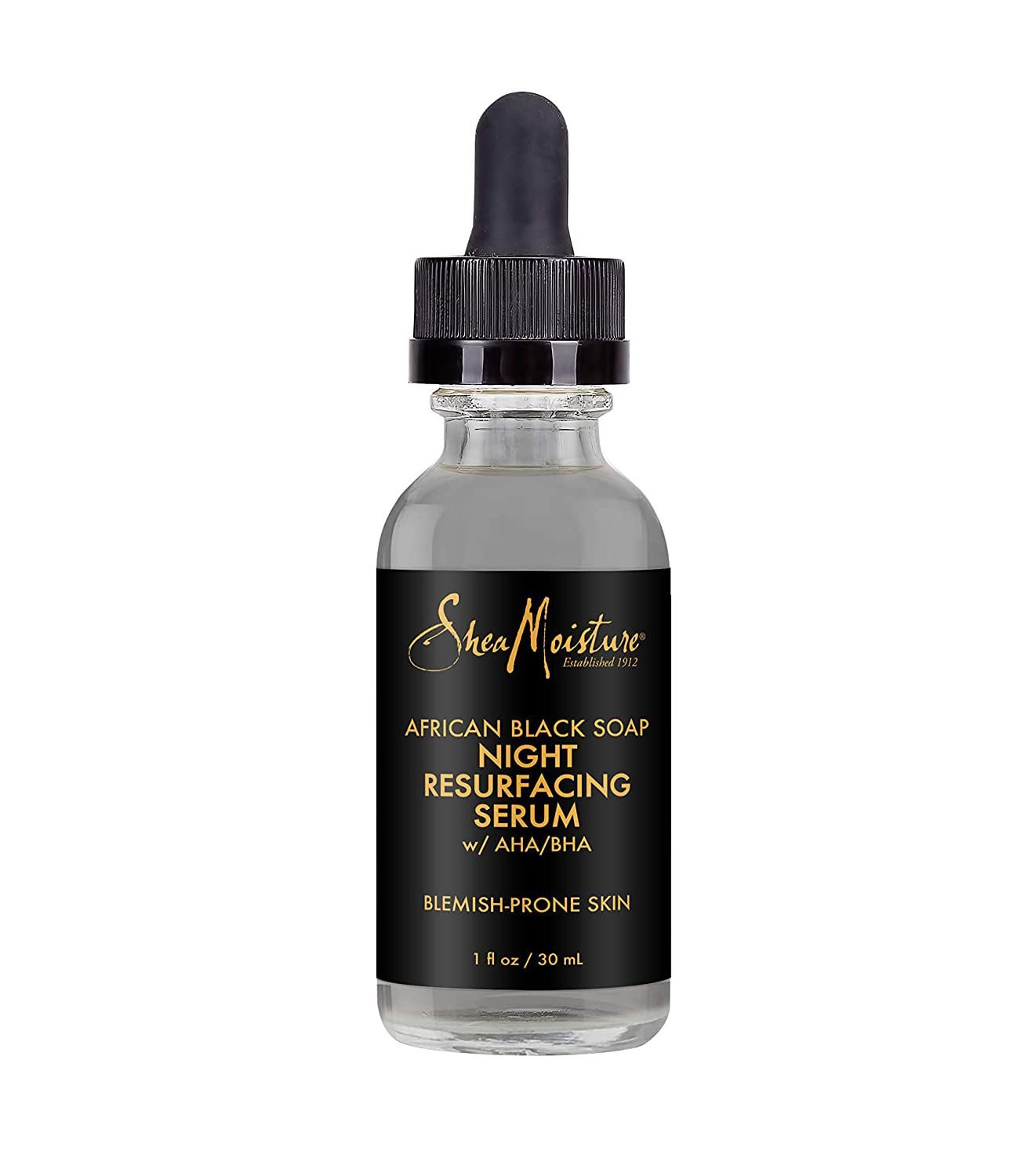
This serum is formulated with salicylic and glycolic acids to improve dull, acne-prone skin. "It also contains great moisture-retaining ingredients like African black soap and shea butter," Rodney adds.
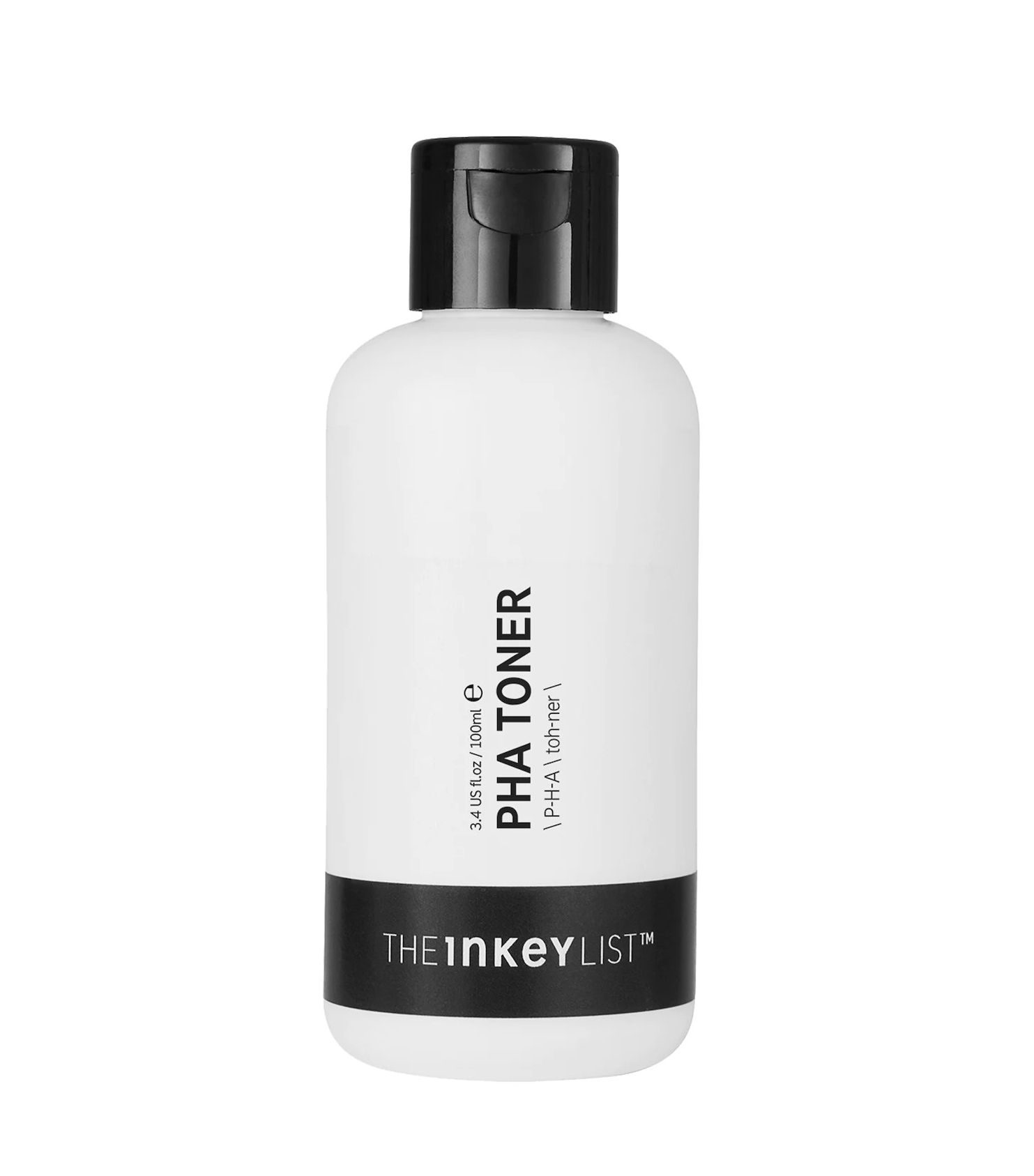
"All AHAs are helpful at improving hydration, dullness, skin texture, and tone. Lactic acid is more helpful for sensitive skin, and so is PHA," Liu says.
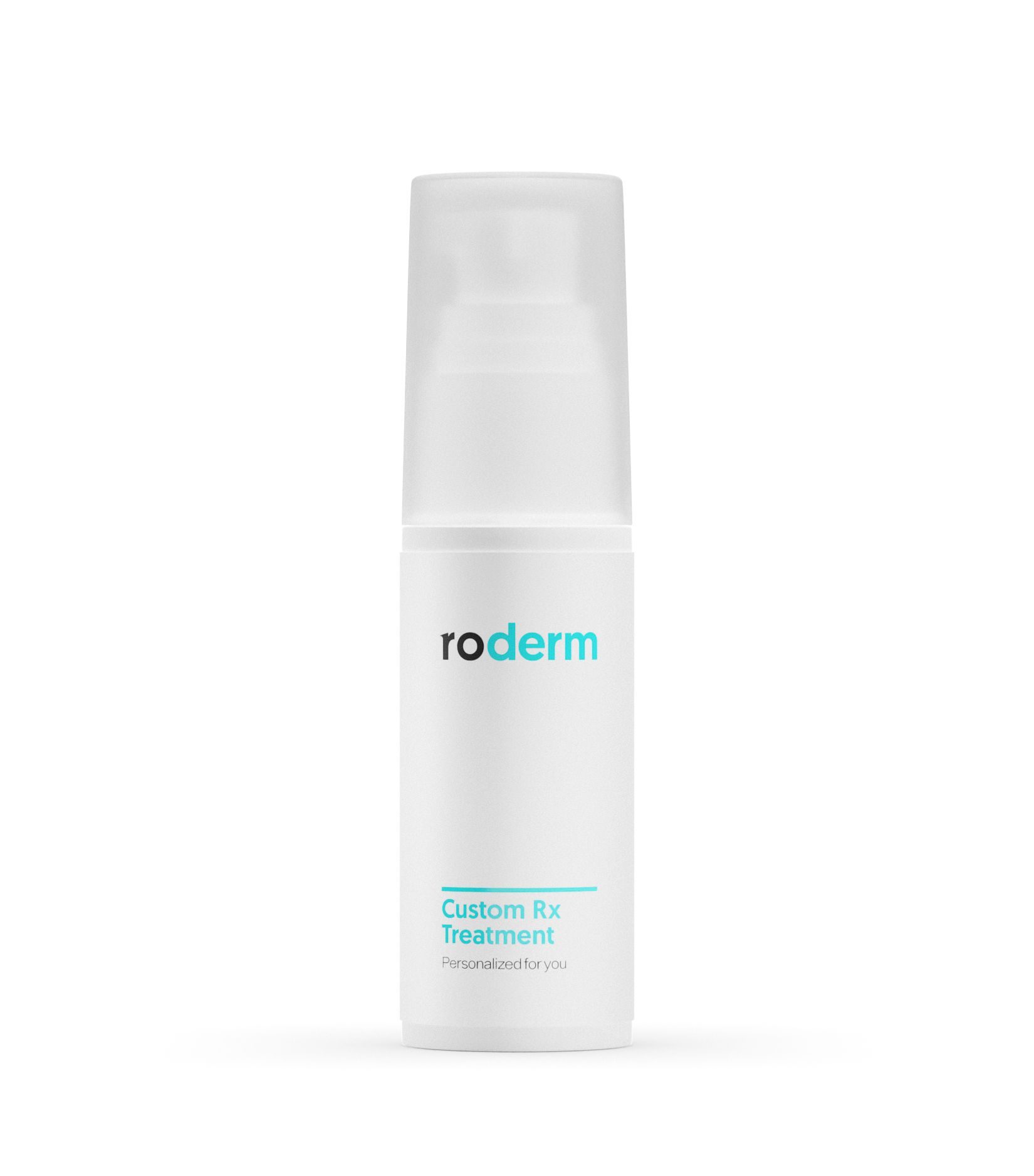
"One of my favorite products is Custom Rx Treatment by Ro Derm, which has personalized, prescription skincare treatments tailored for individual skin concerns," Rhee says. "Ro Derm has tretinoin-based options as well as a retinoid-free formula that contains azelaic acid. The powerful ingredients driving more efficient skin cell turnover are paired with several ingredients that protect and strengthen the skin barrier, such as hyaluronic acid, vitamin E, and niacinamide, so you get strong Rx ingredients with less potential for irritation. During drier winter months, if your skin is feeling dry or sensitive, it's best to keep the rest of your skincare routine gentle and hydrating with gentle cleansers and heavy moisturizers."
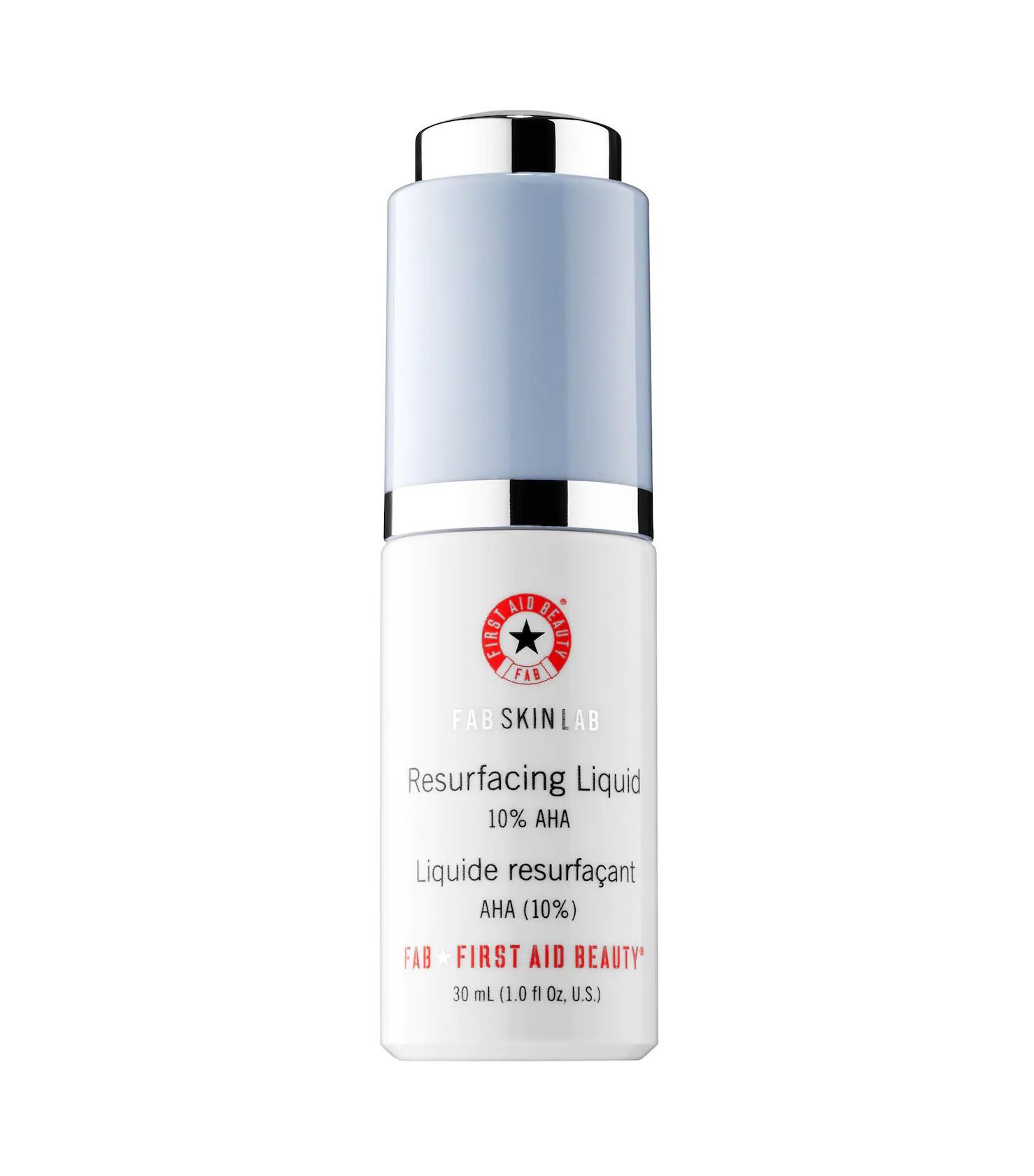
Gohara likes this treatment, which is a leave-on exfoliator that smooths, brightens, and evens rough, dull-looking skin.
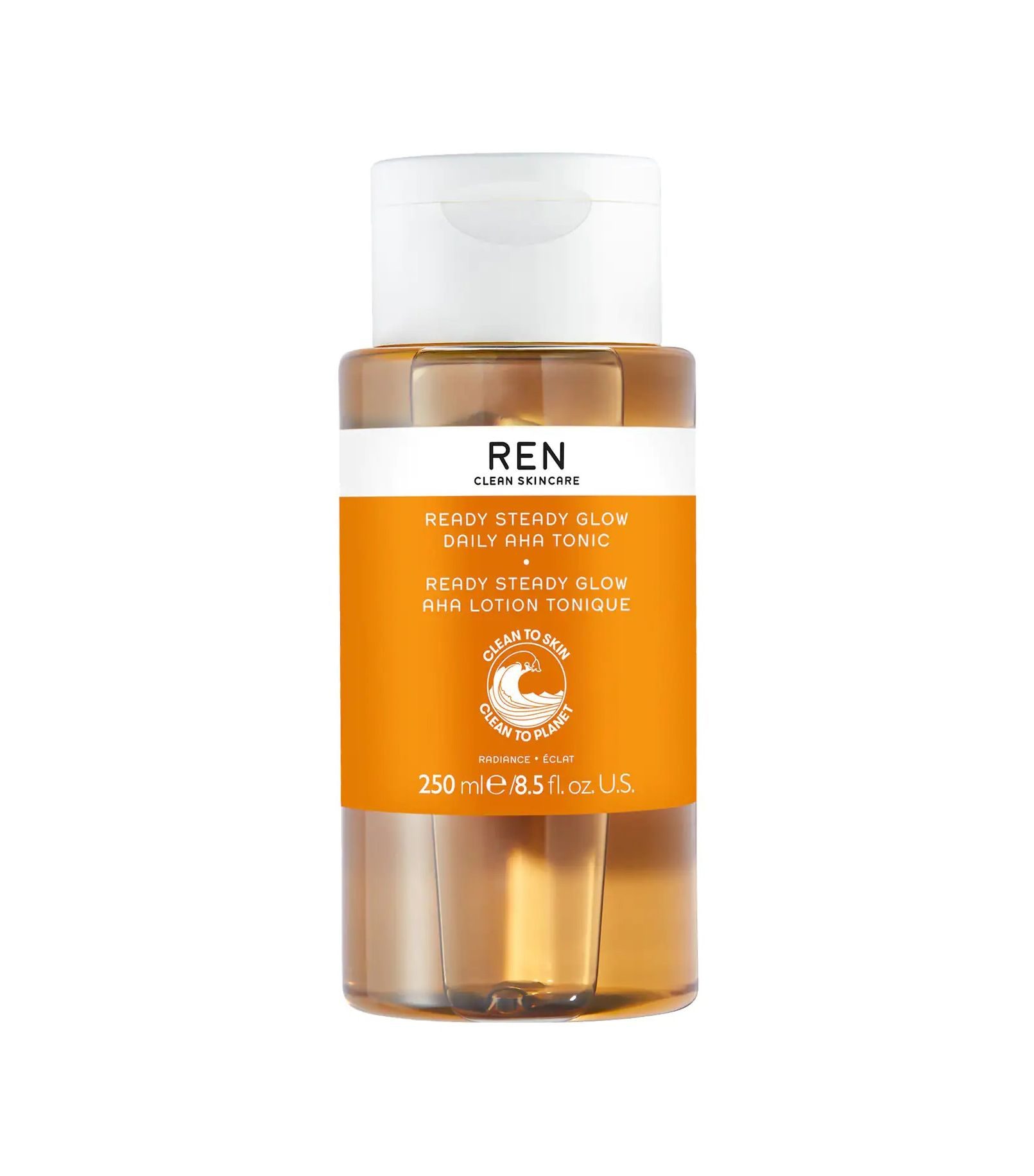
"I use the REN Clean Skincare Ready Steady Glow Daily AHA Tonic most evenings because I love lactic acid, and I find this product very plumping," Delport says.
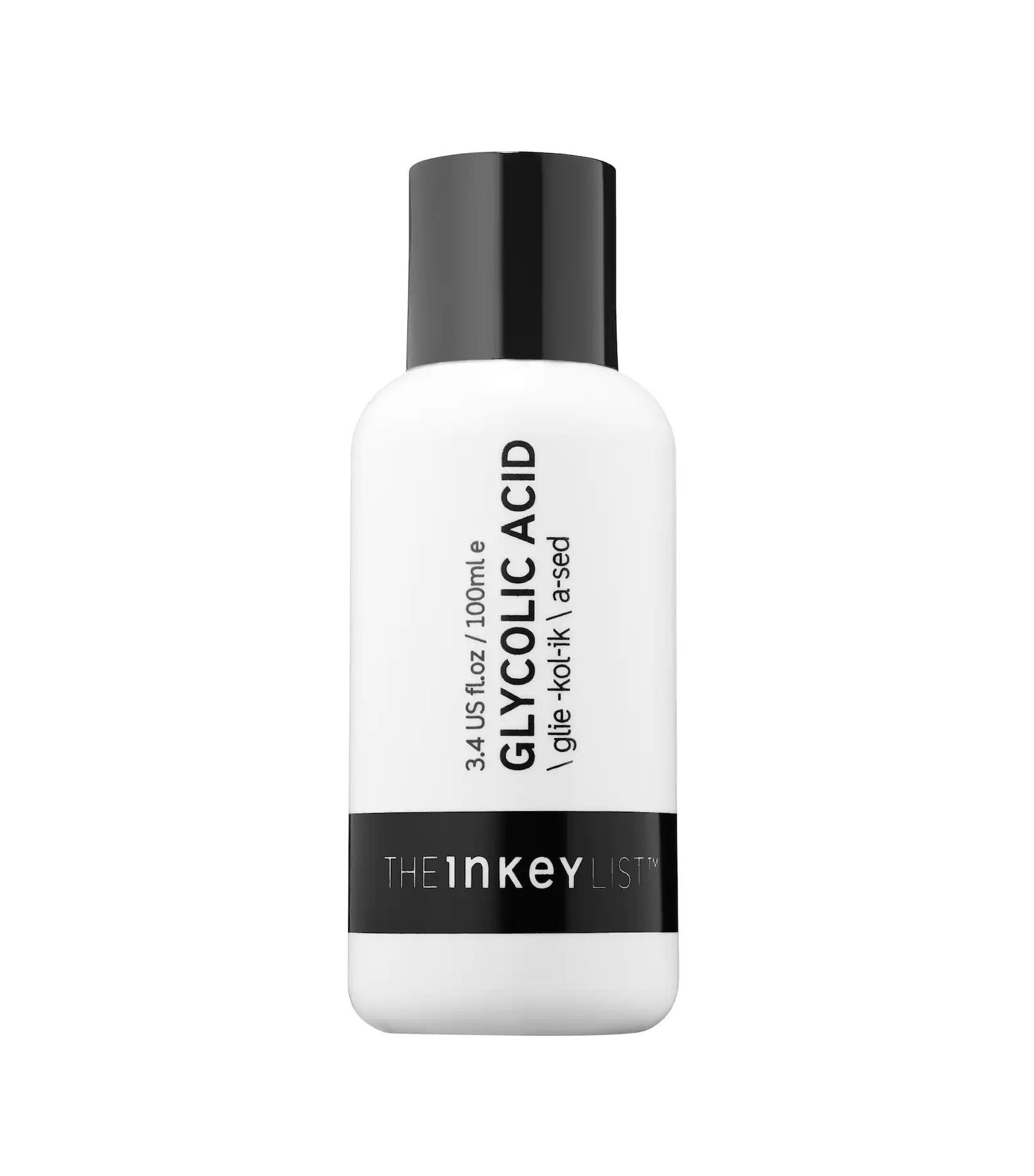
"There are various ways to incorporate these ingredients from cleansers to masks to overnight treatments," Liu says. "My personal favorite is the latter as it's able to contact skin for longer periods of time to work. For example, The Inkey List's Glycolic Acid Toner that is applied and left on the skin can be used a few times weekly."
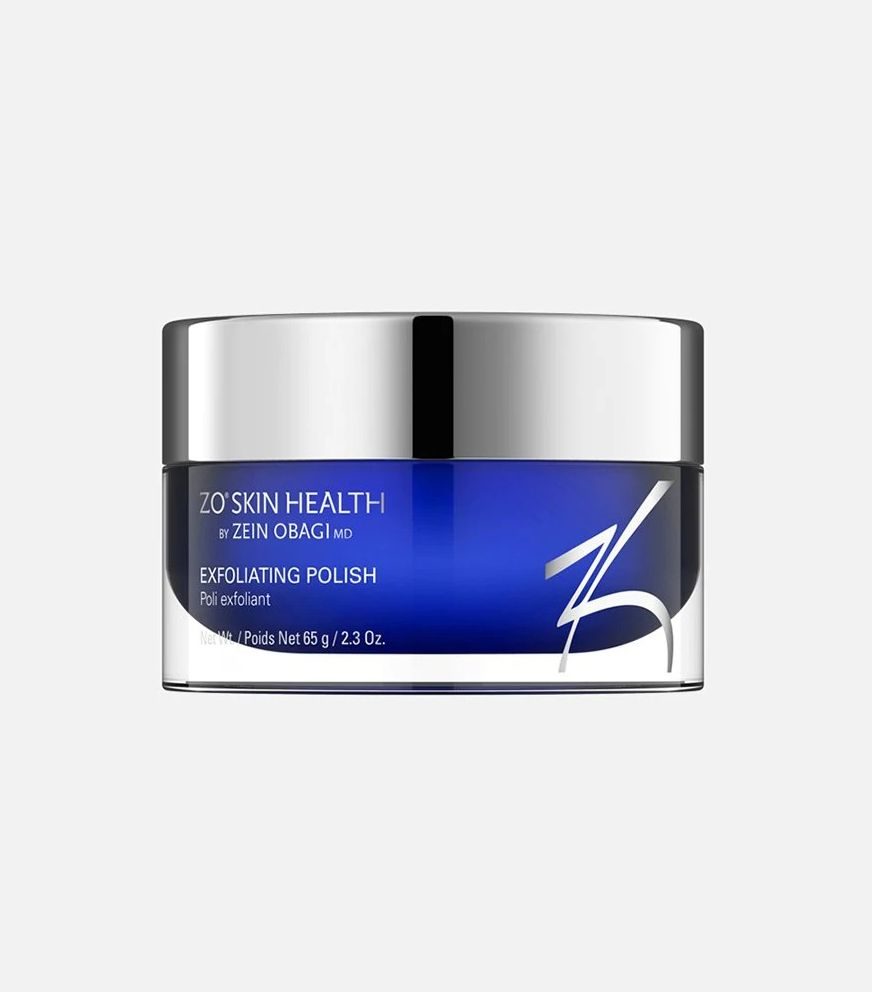
DeRosa says one of her favorite skin resurfacing products is this exfoliating polish, which has gentle mechanical exfoliators and vitamin C for brightening.
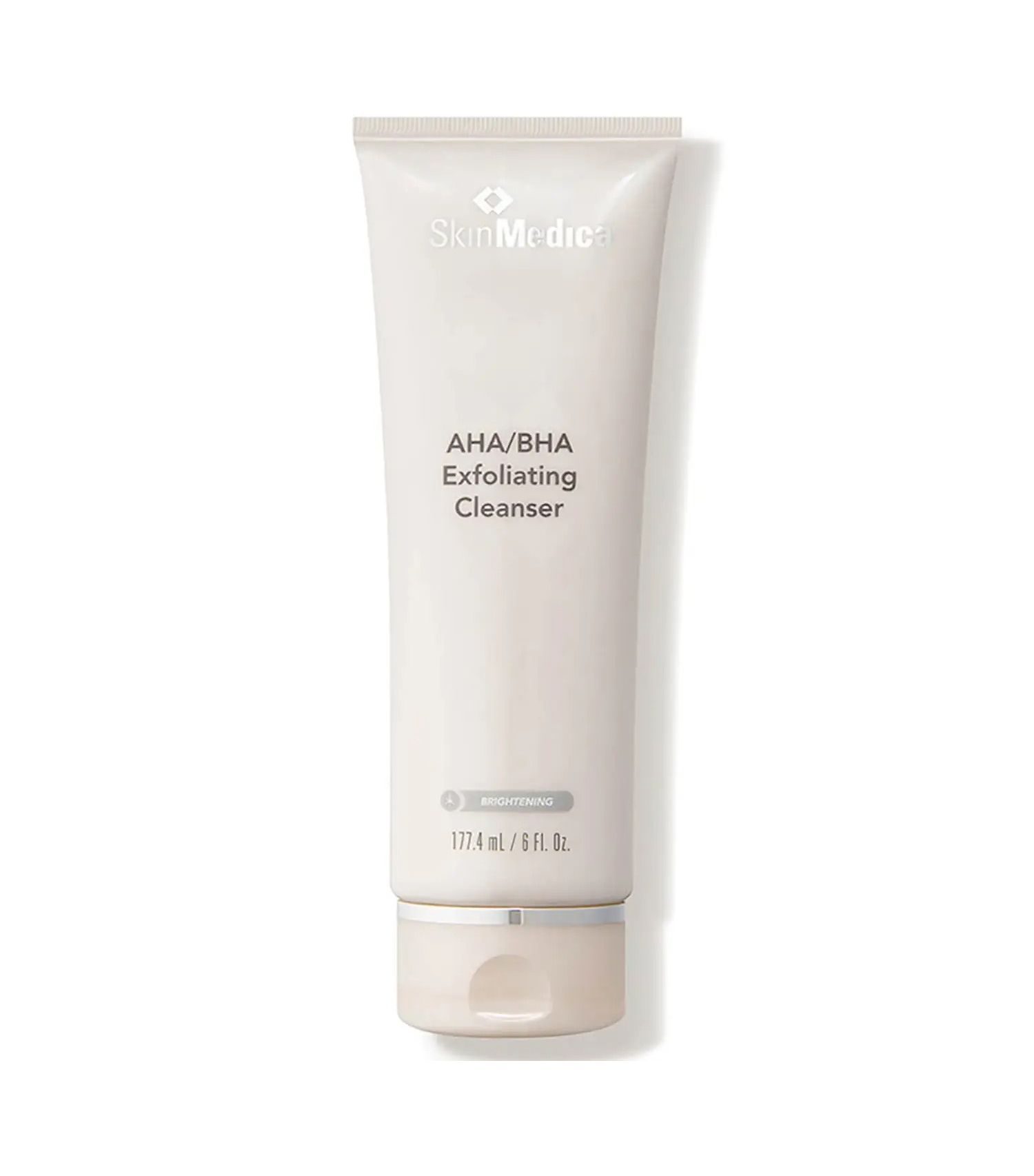
"During the summer, if your skin is less dry and sensitive, you can choose to switch out the super-gentle cleanser for an exfoliating cleanser, such as Skinmedica's AHA/BHA cleanser, once in a while to boost the skin renewal effects of other topical products," Rhee says.
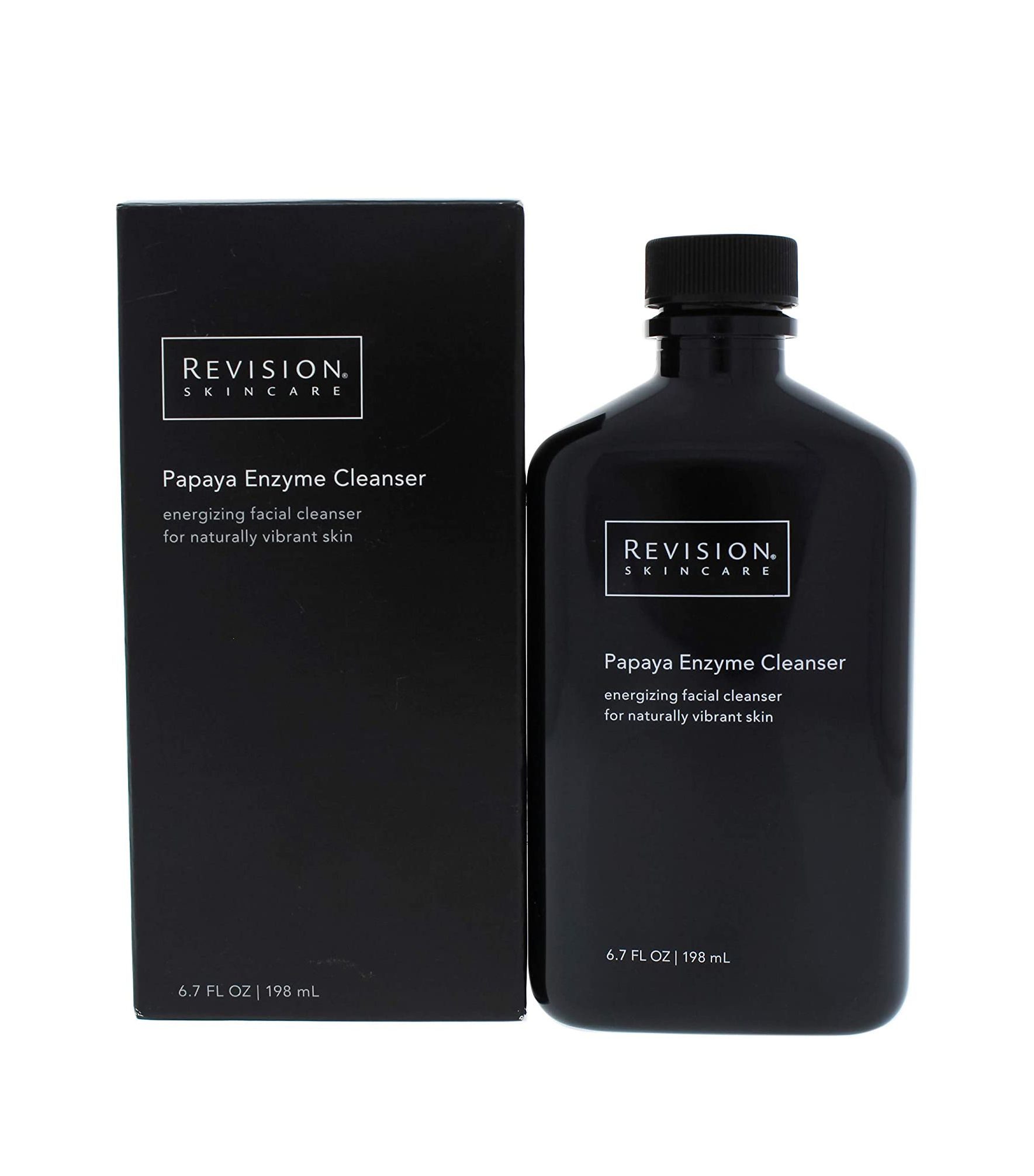
"I also love Revision SkinCare's Papaya Enzyme Cleanser because it gently removes dead skin cells and leaves the skin brighter and smoother," DeRosa says. "It is also great for those struggling with acne breakouts."
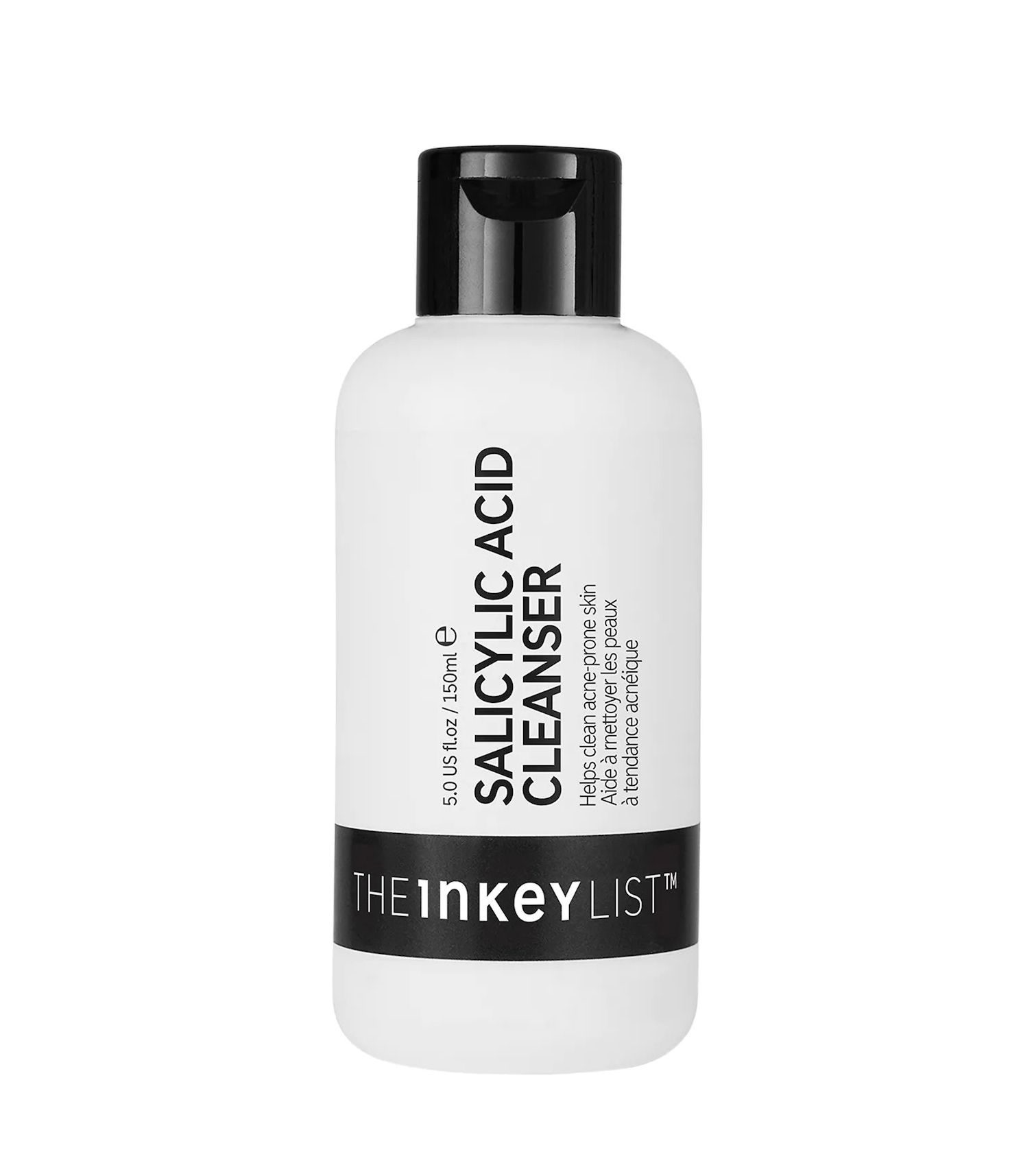
Liu also recommends this cleanser, which contains salicylic acid, so it can help improve acne and oily skin and promote even skin texture and tone.
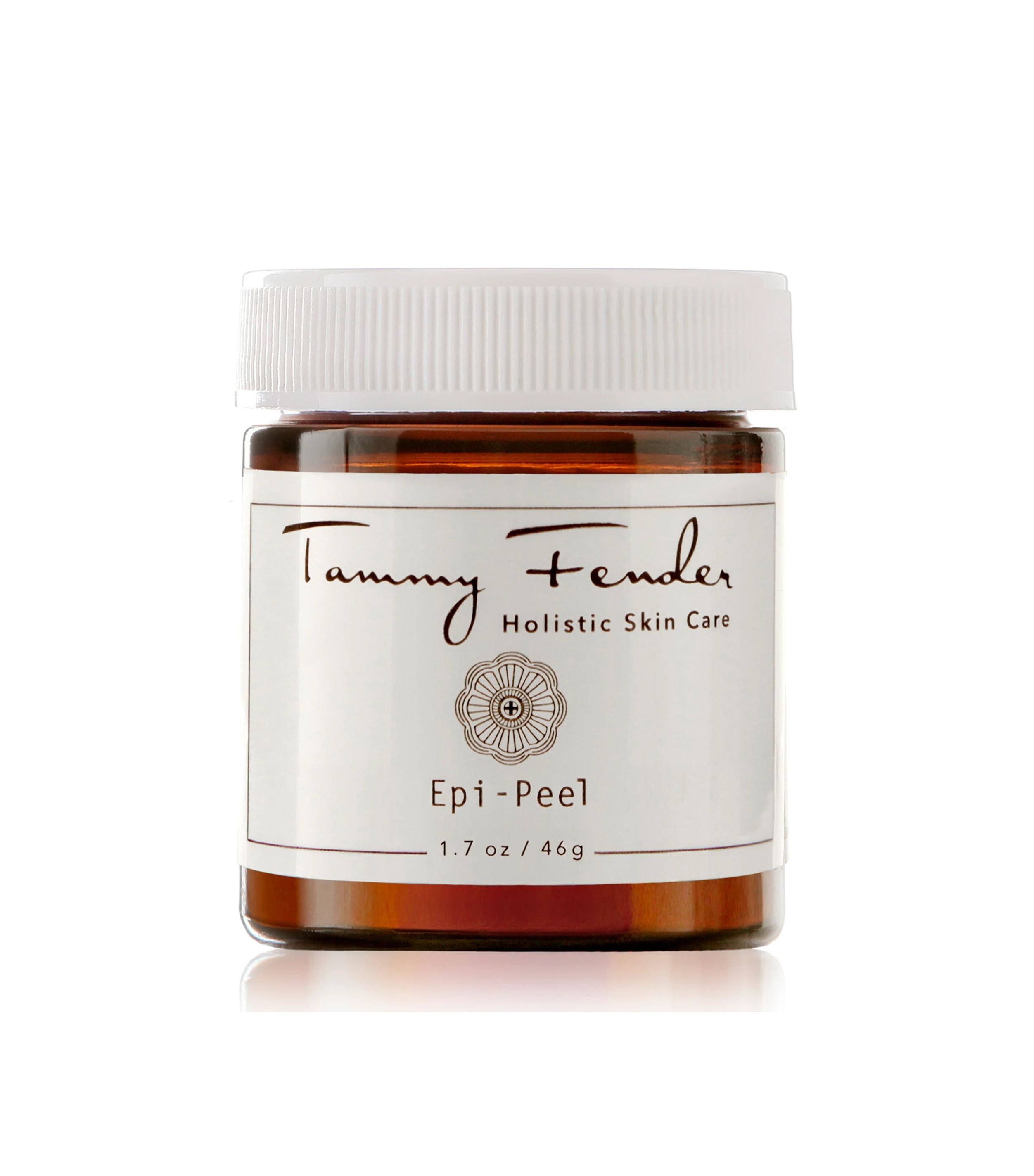
"Epi-Peel, my tri-purpose exfoliating mask and peel, is designed to buff away the dull surface layer, revealing a glowing complexion," Fender says.
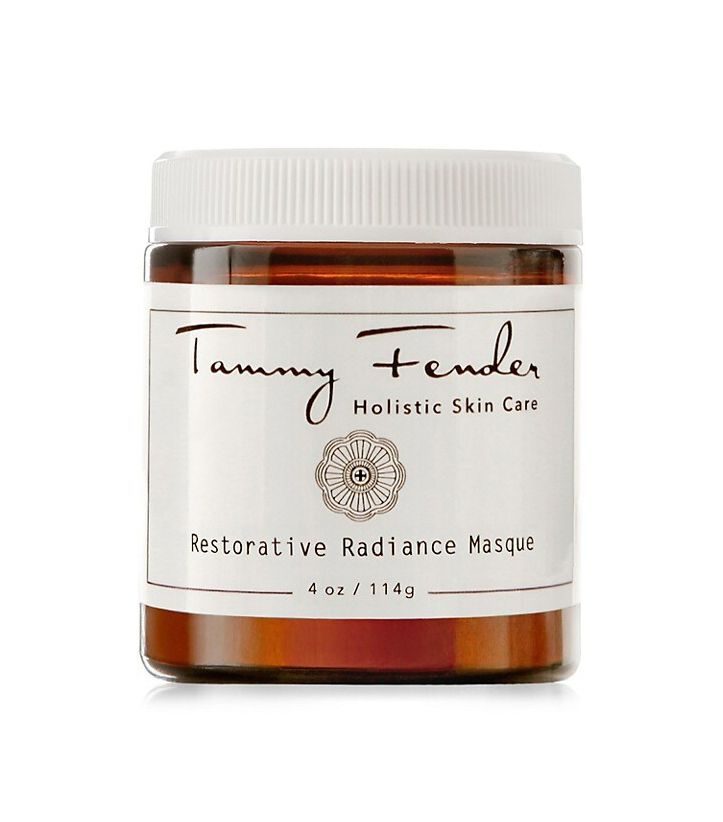
"The Restorative Radiance Masque is blended with hibiscus—a natural ingredient that encourages resurfacing—and is packed with nutritive and strengthening botanicals to bring out natural radiance," Fender says.
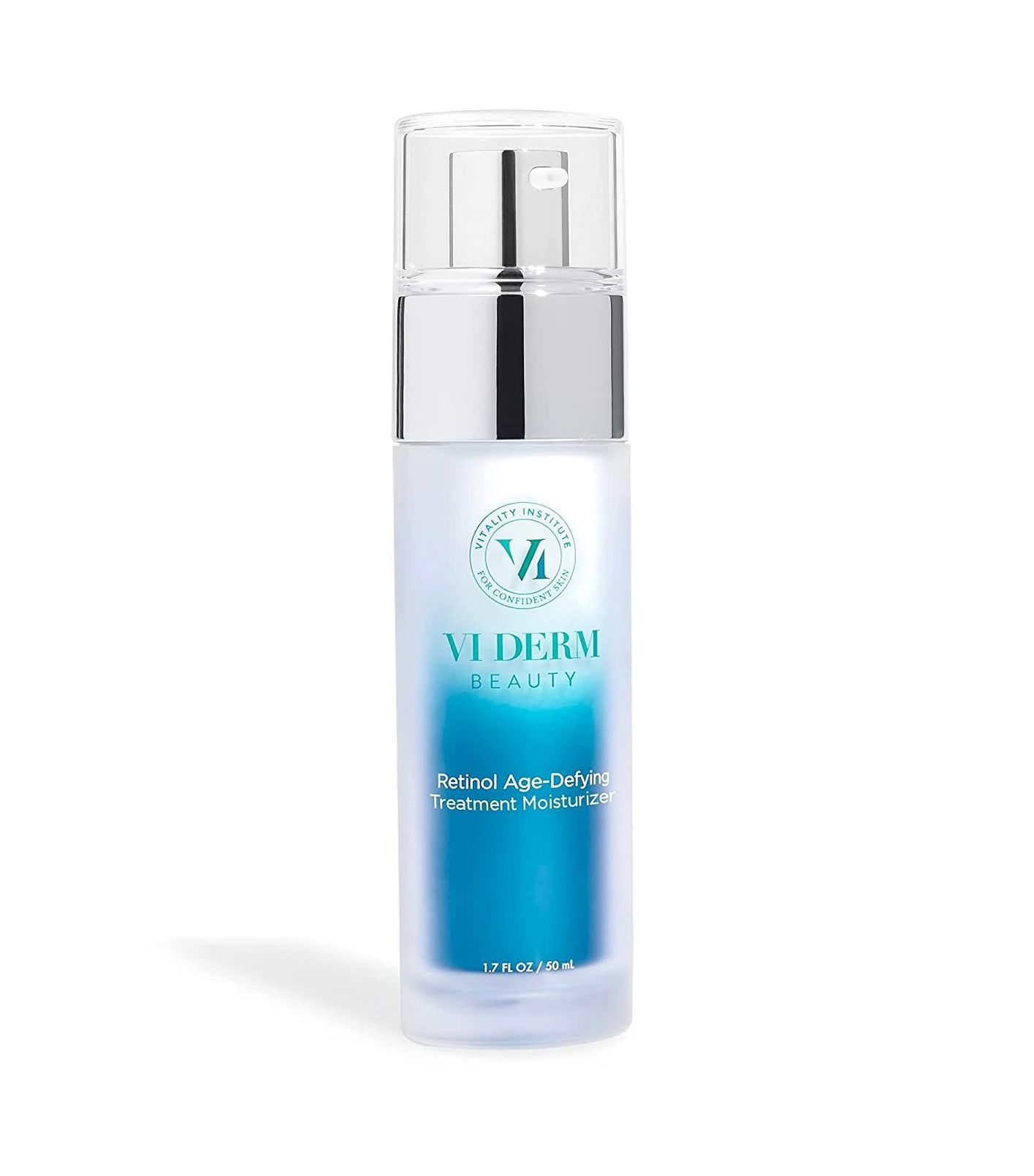
DeRosa recommends this moisturizer, which contains both low-dose retinol and glycolic acid.
Next, Are Lasers as Magical as Everyone Says? I Asked a Derm My Burning Questions

